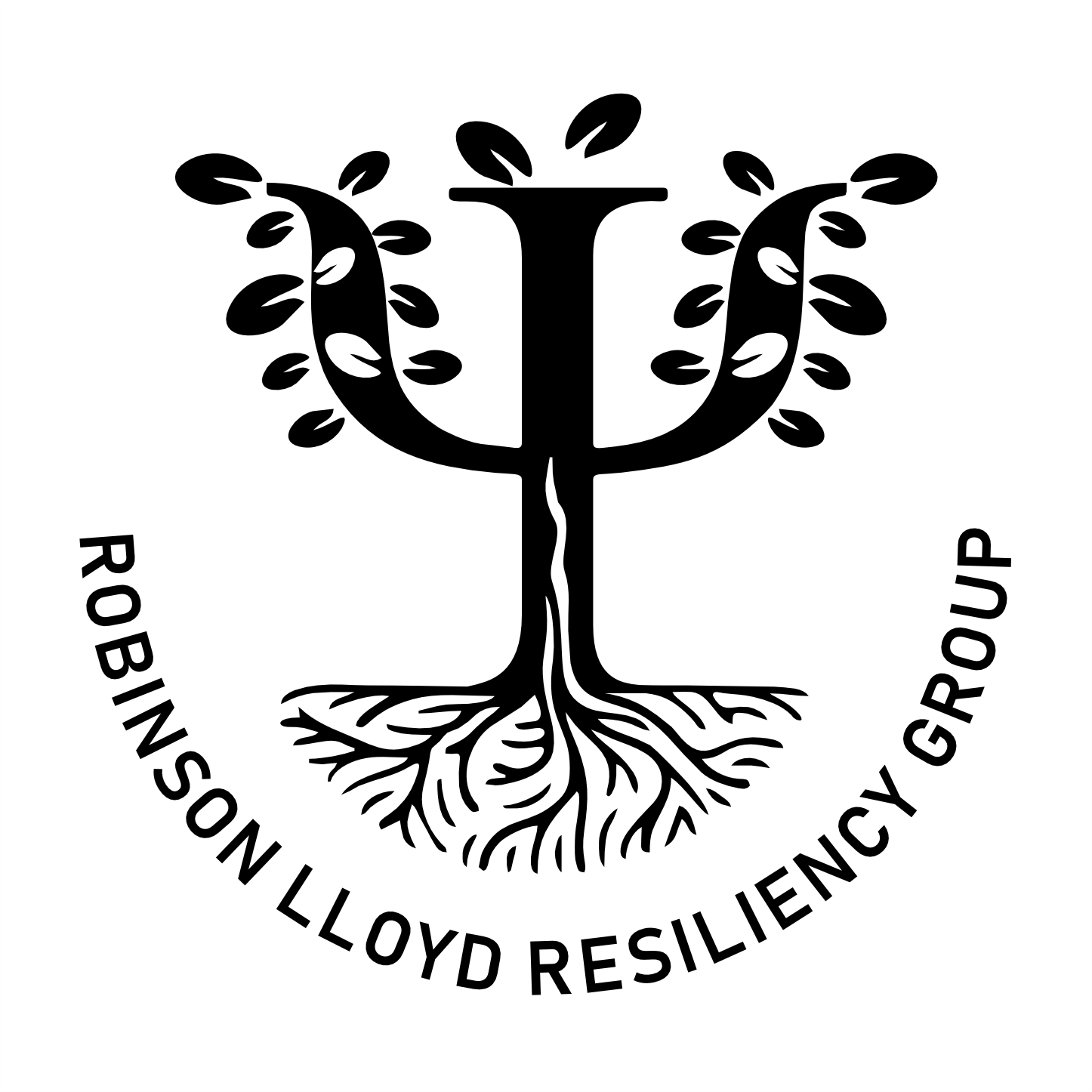Test-taking anxiety is a common phenomenon among students that can significantly impact their academic performance and overall well-being.
Every Saturday we post insights from our work providing the Resilient Stars Program in elementary schools. In this week’s insights, we look at what triggers test-taking anxiety, how to recognize it using a case study, as well as how to cope with it.
Triggers/Causes of Test-Taking Anxiety:
- Fear of Failure: – Test-taking anxiety often stems from a fear of failure, which can be exacerbated by external pressures to succeed. Clinical studies suggest that the perceived consequences of poor performance contribute to heightened anxiety levels.
- Perfectionism: – Students with perfectionistic tendencies may set unrealistically high standards for themselves, leading to increased anxiety when faced with the prospect of falling short of these expectations during exams.
- Cognitive Factors: – Cognitive processes, such as negative self-talk and catastrophic thinking, play a role in test anxiety.
How to recognize test-taking anxiety? Let’s use a session recap to help us process the test-taking anxiety situation.
Stacey a teacher told me that quite a few of her students hid in the bathroom during the state assessment exams. Here is a conversation between a Resilient Stars Coach and Jamie (a seventh grader).
Resilient Stars Coach (RSC): Jamie, tell me a bit about what happened when you had exams the other day.
Jamie: Didn’t do them.
RSC: Oh, you didn’t do them…
Jamie: Nope…I was afraid that I would blank out, and started panicking, my hands were shaking, my heart was racing, I was sweating, and felt like I had to go to the bathroom. Then some of my friends were already in the bathroom and we decided to not do the exam.
RSC: Oh so you started having lots of thoughts about blanking out and you panicked, your hands were shaking, heart racing, sweating and you felt like you had to use the bathroom and your friends and you agreed to stay there.
Jamie: Yeah…I feel even worse now. I didn’t even give myself a chance…
RSC: Yes, you didn’t give yourself a chance. I could understand how it happened…with those thoughts that made you panic and then freeze and avoid the exam. Did you know that many people with anxiety underestimate their ability to cope with their feared situations like exams and overestimate the risks involved like “failing your parents?” Have you ever asked your parents if you did badly on an exam that you prepared for if they would think you failed them?
Jamie: Uh…no. I just assumed it because they say “all you have to do is get good grades, we don’t ask anything else of you.”
RSC: Oh… “all you have to do is get good grades.”
Jamie: Yes… and that’s not all I have to do. I have to manage friendships, deal with boredom, sometimes I space out and don’t remember what my teacher said and I just don’t ask him to repeat himself. Mr. Pete doesn’t like to repeat himself. So I miss information and just feel like crying sometimes.
RSC: So it’s not as simple as “that’s all you have do isn’t as straightforward as it seems.” And you avoid asking for help and you miss information.
Jamie: Sobbing…Yes.
RSC: What would it feel like if you did ask for help and Mr. Pete, responded with that help?
Jamie: I would feel relieved. I also have to admit, that I could manage my time better, I stay up all night playing video games and then I could barely focus during the day.
RSC: Yes, video gaming and not sleeping is something students have been talking about. I could see you are recognizing that although you want good grades, you feel pressured, and you start thinking what if you fail your parents, you start feeling anxious and you then avoid both the stress of preparation and the actual exam. Does that sound about right?
Jamie: Yes. It does.
RSC: Would you like us to brainstorm some helpful things you can do just a little bit at a time to help you do those exams even when you feel anxious?
Jamie: Yes. I don’t want to do this anymore. I don’t want to keep avoiding my work, asking for help, studying, sleeping, or doing my exams.
RSC: Tell me a time that you felt like you were winning in your studies.
Jamie: Oh that’s easy, last grade I was on the honor roll. Then I heard that grade 7 was hard and that it’s the year that could really affect which high school you get into and I froze.
RSC: Ah, so you were on the honor roll, then got nervous about starting a new grade with higher stakes.
Jamie: Yes.
RSC: What did you do to get on the honor roll?
Jamie: I had a study routine, loved the quiet of the early mornings. Always sat close to the teacher and took good notes. I had a good relationship with Ms. Kelly so I never felt afraid of asking her for help. Oh, and I only played my video games on the weekend after all my assignments were submitted.
RSC: It sounds like you have the answers to earn your spot on the honor roll again.
Jamie: Yes, I do and I am excited. Where do I start…
RSC: How about with your sleep? How likely are you out of ten to stop playing your video games at 9 pm every night to ensure you get 9-10 hours of sleep?
Jamie: Uhhh…a 7.
RSC: Okay, you won’t do it.
Jamie: Laughing. Okay, okay. Yeah that’s too hard for me as none of my friends go to bed at 9pm. Could we start with 10 pm. I could ask them to do this with me.
RSC: I don’t see why not, how about we give it a try this week and you tell me how it went. Do you think you could ask your parents to be your accountability partners for this?
Jamie: Yeah, my mom tells me all the time that she feels left out…think she would like that.
RSC: Cool. Let’s end with our reflection and our breaths. Do you want to lead?
Activity: Now it’s your turn! In the comments below add your responses to the following:
- What were Jamie’s physical symptoms?
- What were some of Jamie’s unhelpful thoughts about taking the exam?
- What were Jamie’s avoidance behaviors?
- How did the RSC coach help Jamie to recognize she could get on the honor roll again?
How to cope with test-taking anxiety?
- Cognitive-Behavioral Therapy (CBT):- Clinical studies highlight the efficacy of CBT in addressing test anxiety. The Resilient Stars Program uses CBT to help students identify their triggers, the influence of their thoughts, feelings, and common responses as well as new skills they could practice to help them in the future.
- Mindfulness and Relaxation Techniques: – Incorporating mindfulness and relaxation techniques into educational settings has shown promise in reducing test anxiety. Clinical insights emphasize the benefits of deep breathing and meditation in promoting a sense of calm during testing situations.
- Educational Accommodations: – Clinical professionals working in collaboration with educators can explore educational accommodations, such as extended time or a quiet testing environment, to alleviate the stress associated with time constraints and external stimuli.
In conclusion, test-taking anxiety is a multifaceted issue with psychological, cognitive, and behavioral dimensions. Clinical insights provide valuable perspectives for understanding its causes and manifestations. By implementing evidence-based interventions and strategies such as the Resilient Stars Program, educators and facilitators can empower students to manage and overcome test-taking anxiety, fostering a positive academic environment conducive to learning and success.

